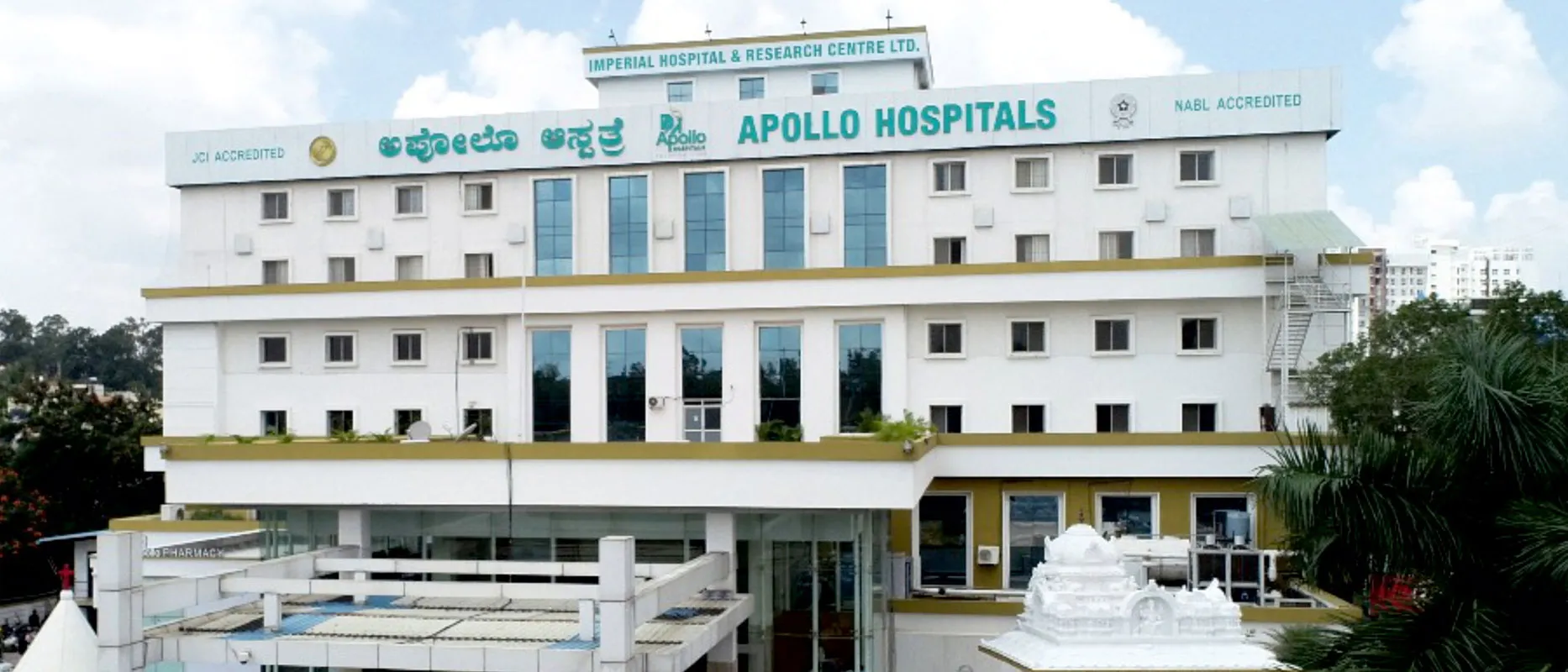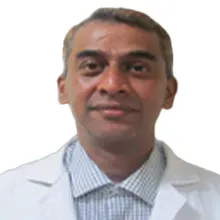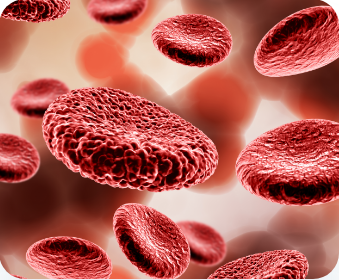Bariatric Surgery : A surgical weight loss procedure for individuals with severe obesity (BMI ≥ 40) or those with a BMI ≥ 35 with a weight-related comorbidity like type 2 diabetes. These procedures modify the digestive system to limit food intake and absorption, leading to significant weight loss and potential improvement in weight-related health conditions. Common types include gastric bypass, sleeve gastrectomy, and biliopancreatic diversion with duodenal switch.
Knee Replacement : A surgical intervention to replace a worn-out or damaged knee joint with artificial implants. This is typically done to alleviate severe pain and improve mobility in individuals with advanced arthritis or other joint issues. The surgery involves removing diseased cartilage and bone from the femur (thigh bone), tibia (shin bone), and patella (kneecap), and replacing them with metal and plastic components to restore joint alignment and function.
Shoulder Surgery : Encompasses a variety of surgical procedures to address problems in the shoulder joint. This can include rotator cuff repairs, labral tears repair, shoulder replacements, or procedures to address fractures or dislocations. The specific approach depends on the underlying issue.
Valve Repair Treatment : Aims to repair a damaged heart valve, restoring its proper function and preventing complications. Techniques can involve minimally invasive catheter procedures or traditional open surgery, depending on the specific valve and the extent of damage. The goal is to maintain blood flow through the heart without needing valve replacement.
Chemotherapy Treatment : Uses powerful medications to kill cancer cells and shrink tumors. Chemotherapy can be administered through various ways, including intravenously (through a vein), orally (as pills), or topically (applied to the skin). It can be given alone or combined with other treatment options like surgery or radiation therapy.
Liver Transplant : A major surgical procedure to replace a diseased or failing liver with a healthy liver from a deceased donor (cadaveric transplant) or a living donor (living donor transplant). This complex surgery is a potential life-saving treatment for individuals with end-stage liver disease. Careful evaluation and preparation are crucial for both the recipient and the donor.
Neuro Surgery : Neurosurgery is a specialized branch of medicine focused on the surgical treatment of conditions affecting the nervous system, including the brain, spinal cord, and peripheral nerves. Neurosurgeons are highly trained specialists who perform procedures to treat conditions such as brain tumors, spinal cord injuries, stroke, epilepsy, and chronic pain. The goal of neurosurgery is to alleviate symptoms, improve function, and enhance the overall quality of life for patients with neurological disorders.
























